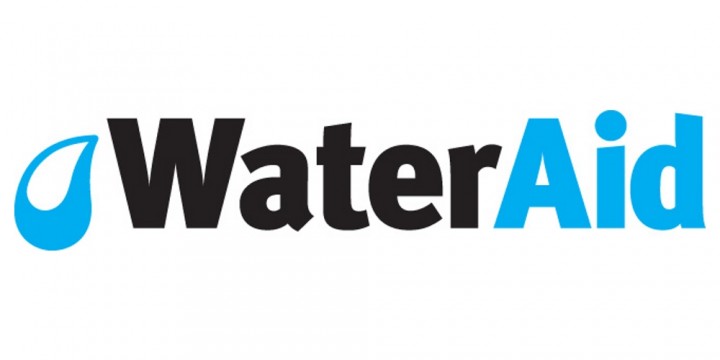Faecal Sludge Management - Small Towns Project (Bangladesh) A municipality-led approach to mitigate the FSM challenges of small towns in two municipalities in Bangladesh. Research and technology development on the treatment and re-use of human and solid waste as an organic co-composting products.
Bangladesh has achieved remarkable success in reducing the open defecation rate from 34 percent in 1990 to one percent in 2015. The increase in sanitation coverage using septic tanks and pit latrines over last two decades means sludge volume from waste water discharge has increased. The reliance on on-site sanitation without any proper treatment options for faecal sludge leads to open dumping of human and other waste on a massive scale. This poses a national environmental and public health threat, as well as a missed economic opportunity. Due to rapid urbanization, the municipalities and towns are growing fast in Bangladesh amidst numerous problems including second generation sanitation challenges.
WaterAid is conducting pioneering research and technology development on treatment and reuse of human and solid waste as organic co-composting product. One of the successful FSM plants (Co compost plant) has been operated under the supervision of WaterAid.
A municipality led approach will be followed to mitigate the FSM challenge of the town to promote sustainable and safe collection and transportation of human and municipal waste services including scale up environmentally friendly faecal sludge treatment technology to convert municipal waste to resources.
WaterAid Bangladesh intends to work in two municipalities with two (2) existing local NGOs e.g. BASA and SKS Foundation in Sakhipur and Saidpur municipalities Tangail and Nilphamary districts.
Activities include:
1) Event organised for capacity building of duty bearers on FSM
2) FSM plant established for demonstration
3) Event organised for sector actor capacity building
4) Event organised for communities on safe management of faecal sludge and solid waste
5) Business plan for FSM developed
Mission
Project objectives include: 1. Enhance capacity of the small municipality to mitigate second generation sanitation challenges. 2. Establish FSM strategy of the town and ensure the service for the poor and marginalized community of the town. 3. Develop a sustainable business plan through private entrepreneurship in different stage of sanitation value chain. 4. Municipality led FSM and operation. 5. Role of FSM/co-composting recognised in national policies and regulationWaterAid: Urban and Small Town
Answer questions about the project
Connie Benjamin
conniebenjamin@wateraid.org
Filter / Tags
Capacity developmentMarket developmentFood security and productive sanitationCitiesSpecific to one or several countriesEmptying and transport (non sewered)Resource recovery Composting, vermicomposting (solid waste), composting toiletsFaecal sludge treatment processesOther funding source or unspecifiedUrban (entire city)FertiliserInternational NGO
Related Countries
Bangladesh

Project location
